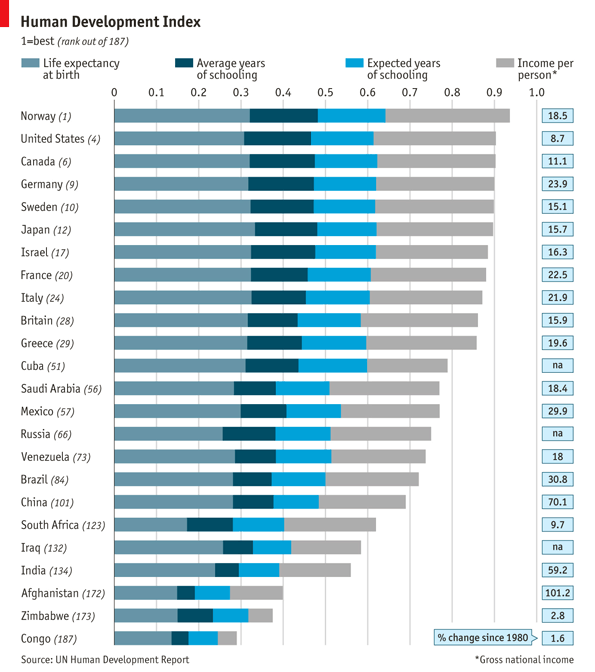From Taki’s magazine Activists for a Stupider Tomorrow
Some of themes of this article are:
1. credentialism
2. college becoming too expensive
3. college failing to teach useful skills
4. America being in decline
5. bad job market for college grads
Regarding #1, #2 & #3, a college degree ‘signals’ to employers that the applicant is competent enough to obtain a degree, and all else being equal, would be a better employee that someone without a degree. In this super-competitive economic environment, with the employment to population ratio at near record lows, the supply of workers vastly exceeds the demand, allowing employers to be exceptionally choosy by hiring only the best and the brightest in a large application pool, even for simple jobs that could be performed by someone without much formal education. While ‘signaling’ isn’t going away, we propose solutions such as standardized testing to make signalling faster and cheaper than spending tens of thousands of dollars and four years obtaining a diploma in a subject that, outside of signalling, is of little practical use.
The doom and gloom over student loan debt is possibly overblown. College can be a good deal if you actually graduate, or attend a prestigious university, major in a good paying field such as STEM, and don’t spend too much.
#5 For a litany of reasons, this is a bad job market for everyone, unless you’re in the top 1%, or what we call the cognitive elite. But even then, it’s getting harder. The greatest job advice you’ll ever get is to stop looking for a job and start looking for a way to create economic value. In the post-labor era of hyper-productivity, people will be paid for the value they create, and no more.
This was the country that produced the cars, movies, music, and living standard that were the envy of the entire world.
Regarding #4, America still does produce those things, and the measure of living standards, GNP, is among the highest of the developed world. America ranks near the top in a variety of metrics:

America’s educational institutions, tech companies and multinationals are the envy of the world, which is why so many foreigners apply to work at Google and Facebook or enroll at top colleges such as MIT, Caltech and the Ivy Leagues. America’s hyper-meritocracy offers the best opportunity for the smartest and most determined to get ahead, but for better or worse, it also has a tendency to leave many people behind, in a perpetual state of merely getting by, while vast fortunes are amassed by a few.
However, the connection between students frittering their money and time in college and America, as a nation, being in decline is a tenuous one at best. While a lot of useless degrees are being churned out, there are also a lot of STEM majors being produced, which even the most hardened college basher has a soft spot for. 50 years ago when college was less accessible to middle class, many people with the aptitude to excel at STEM didn’t to go to college, and their talent was wasted. Now the meritocracy allows the smartest to obtain the skills to become contributing members of the economy, by creating apps and using their wealth to buy stocks and real estate. The class barriers that kept smart people out of college have been eroded, and America is better because of this.